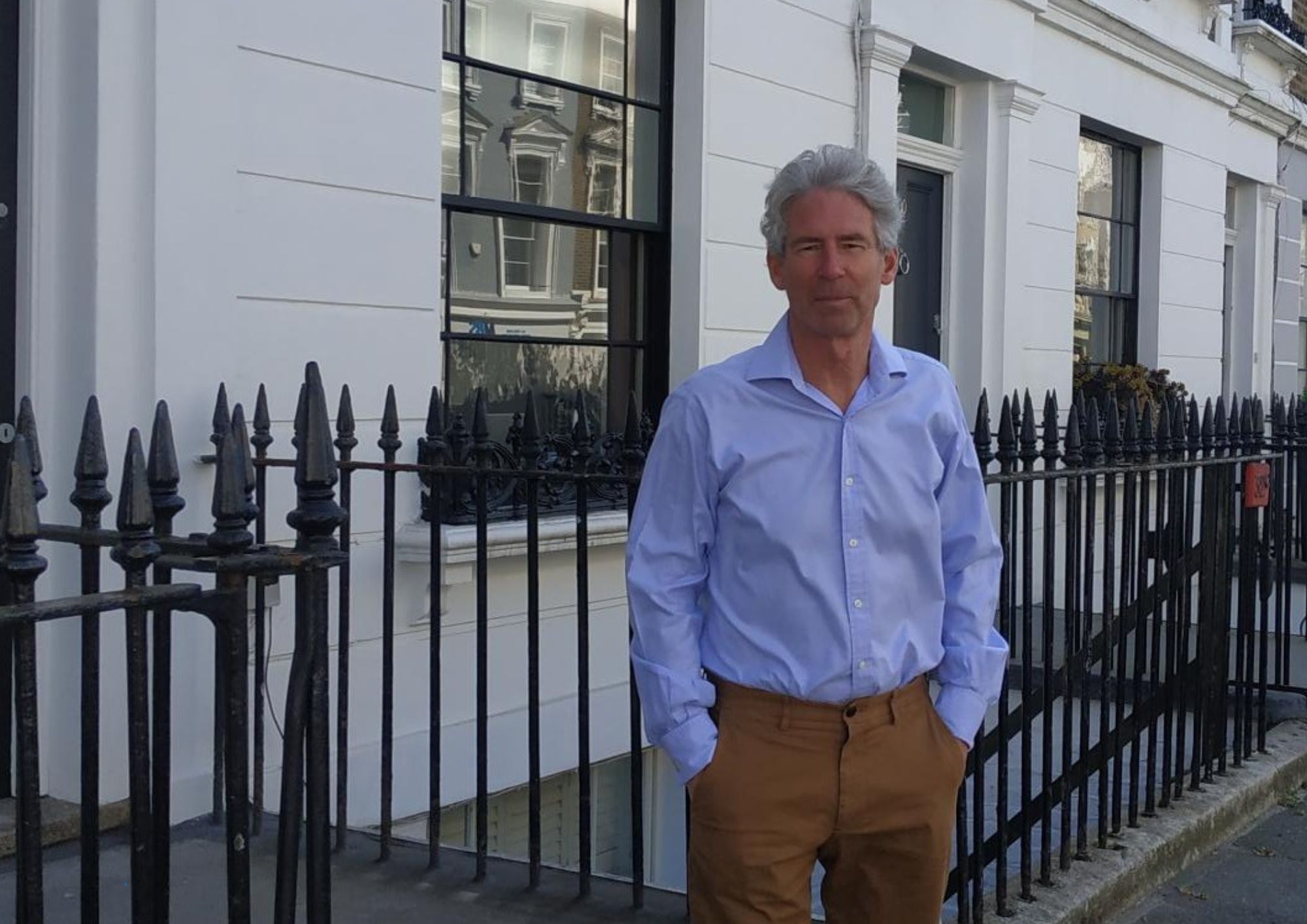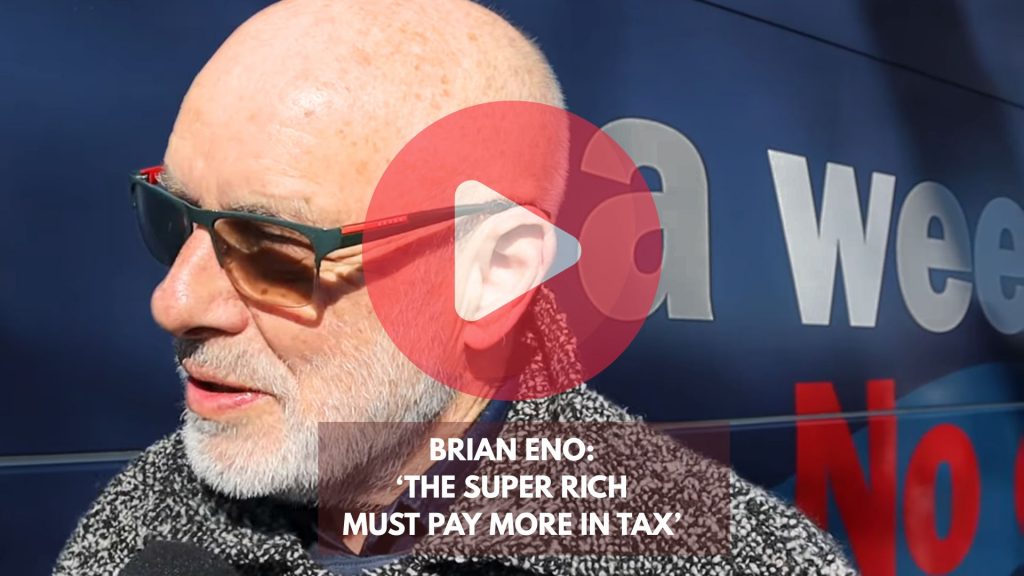Are you paying more than people in the same street? Economist seeks water bill ‘justice’
Resident challenges huge variations charged in same street
Friday, 4th April 2025 — By Tom Foot

John Simpson lives in Primrose Hill
AN economist says he has been charged close to seven times more than his neighbours are paying for water, over the past two decades, due to an outdated system that calculates bills based on property value.
John Simpson, who is in dispute with Thames Water about his £1,900-a-year bill, has uncovered huge variances between charges to similar-sized properties in Princess Road, Primrose Hill.
Twenty home-owners in the street have given him billing information as part of his probe – showing huge spikes between bills that are based on meter readings and those on “rateable value” of the buildings.
It comes as Thames Water, which is on the verge of financial collapse, is set to bring in eye-watering price hikes to all its customers across the country.
Mr Simpson said: “I have found that for two decades I have been paying about seven times as much as a similar metered household. “In this case, it is clear that justice has not been upheld and that I and many other consumers are being unfairly overcharged by Thames Water.”
The majority of Thames Water’s domestic customers are charged based on “rateable value”, or “notional value”, of the property – rather than the actual amount of water consumed based on readings from a meter.
Most people do not know whether their bill is being calculated via a meter reading or RV – simply accepting what comes through the door.
Mr Simpson has lived in Princess Road since the 1990s, originally in a single flat.
He later brought the two flats and converted all the units into a single home.
At this point, Thames Water “amalgamated” the rateable values of the three homes – charging him as if they were separate homes.
Mr Simpson, who worked in the City and has also taught economics at university and at state and private schools in London, said: “They have simply added the RVs for the three properties together – so effectively I have been paying for three households’ usage, despite there being a single water source.”
“This is marked contrast to all other providers of services to my property, and indeed to what Thames Water state publicly is their policy.”
Watch our online politics channel, Peeps, on YouTube
Mr Simpson, whose children have left home, said: “I also contacted local properties larger than mine – and worth significantly more than mine – which have also been charged based on RV.”
Of the 24 homes in Princess Road, Mr Simpson’s monthly bills are way above his closest neighbour in a similar sized home, which are around £1,200.
The next was at £1000 with most people paying around £400 a year.
Last month, Thames Water, the UK’s largest utility company, brought a legal challenge against a regulatory cap on bill rises.
It wanted to raise bills by more than 50 per cent over the next five years, as opposed to an agreed 35 per cent. Rises coming into effect this week could see £200 added to the average annual charges.
The Consumer Council for Water – the independent water watchdog – said Thames Water had responded to Mr Simpson’s complaints correctly, adding: “I see nothing in the complaint or replies that indicates Thames Water are acting or have acted outside of their terms and conditions with the unmeasured billing of your converted property.”
Thames Water said it had informed Mr Simpson about the potential for higher charges many years ago and that it had advised him to get a meter fitted – but Mr Simpson said he had no record of this.
It also said, in a letter responding to his concerns, that charging structures based on RV can only be changed through an act of Parliament.
In a statement, Thames Water said: “Rateable Value (RV) was set up by Local Authorities in the 1970s as a way to base charges on the value of your home. Water suppliers can use RV to set bills for properties that do not have a water meter.
“Mr Simpson was informed when he converted the flats to a single dwelling that the RV of the property would be an amalgamation of the three original flats RV.
“We cannot change a property’s RV or create a new one. We are not the custodians of it and we have no power to unilaterally change it.”
FREE, SIMPLE-TO CANCEL 30-DAY TRIAL OF AUDIBLE

